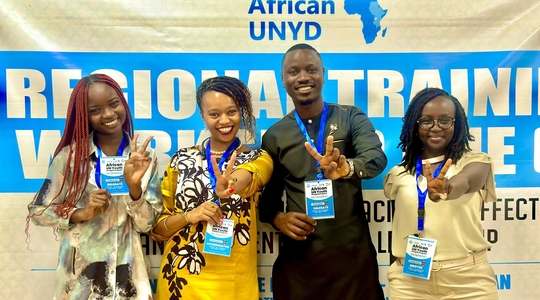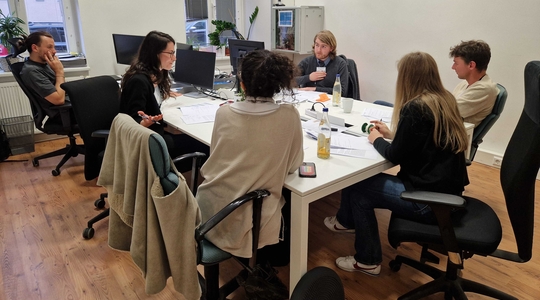Before the outbreak of Covid-19, CRISP in collaboration with the Center for Development Services in Egypt developed the simulation game Magadif. Despite the restrictions and the difficulties in implementing activities on the ground with larger numbers of individuals, our partners were able to successfully plan, implement and monitor the implementation of the simulation game. Below is a short summary of the goals achieved in addition to the post evaluation of the different implementations that took place across six governorates across Egypt.
The importance and effectiveness of simulation games became apparent as the simulation game, Magadif, came to an end. Magadif was developed as part of Work Package 5 – Creating sustainable formats for dialogue: Roundtables, Forums and others. The aim of the simulation game was to bring different stakeholders together to discuss the local needs and challenges of youth and women through networking and establishing connections with different stakeholders to establish mutually benefiting outcomes. In this context, the simulation game was developed and successfully implemented 6 times throughout 6 governorates with a total number of 100 participants.
A diverse and unique group of people participated in the implementation of Magadif. The participants derived from a wide range of sectors: 42% from the public sector, 30% from the civil society, 8% from the private sector, 7% from the media, 4% from the semi-governmental sector such as the National Council for Human Rights, 6% were youth activists, and 1% from a syndicate, UN agency and non-state actor were present.
Through the simulation game Magadif, the participants were able to acknowledge the presence of different sectors and understand the role and impact of networking. The significance of networking and cooperating was clearly portrayed through the representation of each sector (private, public, civil society and media). The obstacles and challenges facing each sector were exposed throughout the game and solutions were drafted as a result of thorough deliberation between participants. As such, networking was seen as a tool to help in efficiently allocating resources, achieving goals as well as overcoming obstacles due to the presence of different actors who possess different capabilities.
Based on the post evaluation of the simulation game the participants agreed that coopeartion has become a known and accepted phenomenon across various stakeholders. This is a beneficial outcome that will motivate the creation of inter and intra sectoral relationships. The simulation game Magadif, was thereby able to achieve its goal of: raising awareness around the importance of cooperation and networking. the majority of the participants also positively agreed that the simulation game Magadif was goal oriented, realistic and easy to follow.
The simulation game proved to be successful as the participants were able to understand and apply the objectives, which solidified the realization of transferring knowledge about the importance of networking, relationship building, knowledge sharing and resource management.



